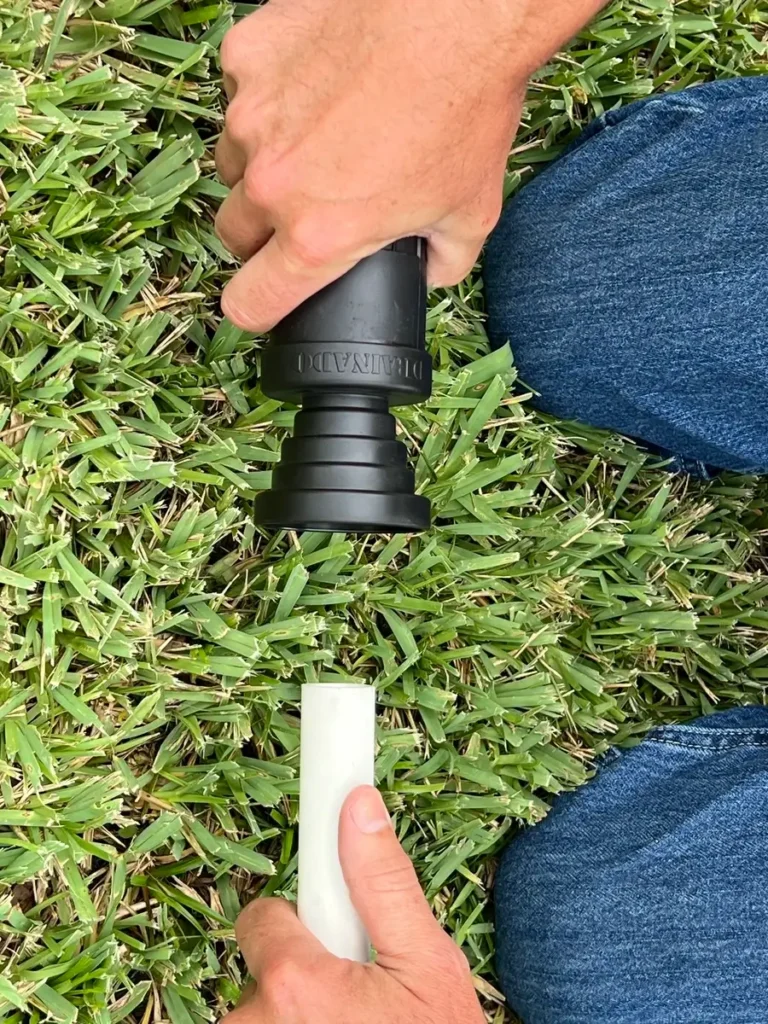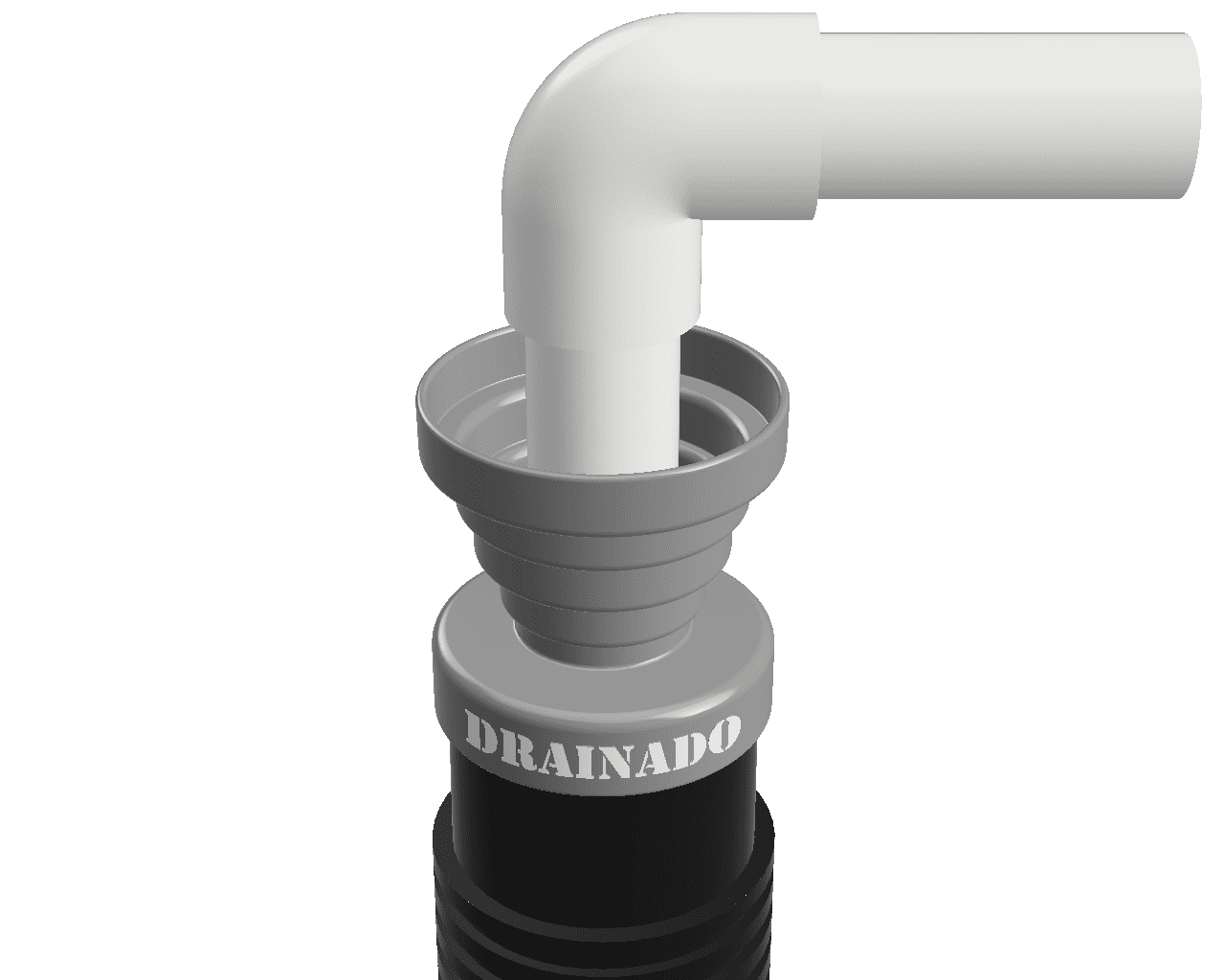In today’s world, heating, ventilation, and air conditioning (HVAC) systems have become a necessity for every modern home and building. We rely on these systems to keep us comfortable in all seasons, whether it’s sweltering summer heat or freezing winter temperatures. However, like any other mechanical system, HVAC units can break down and malfunction, causing inconvenience and discomfort. That’s where this guide comes in – it’s a one-stop-shop for all your HVAC repair needs, whether you’re a DIY enthusiast or a professional technician. From common problems to complex troubleshooting, we cover it all with detailed explanations and practical solutions. So, let’s dive into the world of HVAC repairs and discover the secrets to keeping your home cozy and energy-efficient.
HVAC systems, or Heating, Ventilation, and Air Conditioning systems, are an integral part of any modern building. They play a crucial role in regulating the indoor temperature, humidity, and air quality, ensuring that occupants are comfortable, healthy, and productive. HVAC systems come in various types, sizes, and configurations, from small residential units to large commercial and industrial systems. They also use different sources of energy, such as electricity, natural gas, propane, or oil, and employ various technologies, such as heat pumps, furnaces, boilers, and air conditioners.
One of the most critical components of HVAC systems is the thermostat, which controls the temperature and other settings. Thermostats can be manual or programmable, depending on the user’s preferences and needs. They can also be connected to smart devices and apps, allowing remote access and control. Another essential part of HVAC systems is the air filter, which removes dust, pollen, and other pollutants from the air. Filters come in different ratings, from basic to high-efficiency, and require regular cleaning or replacement to maintain optimal performance.
Maintaining HVAC systems is crucial for their longevity, efficiency, and reliability. Regular inspections, cleaning, and repairs can prevent breakdowns, reduce energy consumption, and prolong the lifespan of the equipment. HVAC systems are also subject to environmental regulations and safety standards, such as the Energy Star program and the Occupational Safety and Health Administration (OSHA) requirements. Overall, understanding HVAC systems is essential for anyone who wants to optimize their indoor environment, save money on energy bills, and contribute to a sustainable future.

Proper HVAC maintenance is an essential aspect of ensuring that indoor air quality is healthy and safe. When HVAC systems are not adequately maintained, it can lead to the accumulation of dust, dirt, and other pollutants that can negatively impact air quality. Poor indoor air quality can trigger allergic reactions, respiratory problems, and other health issues. Therefore, it is crucial to have regular inspections and tune-ups to prevent these issues from occurring.
Regular HVAC maintenance can also save homeowners money in the long run. By keeping HVAC systems in good condition, they are more energy-efficient, which translates to lower energy bills. Neglecting routine maintenance can lead to wear and tear on the system, causing it to work harder and use more energy to maintain a comfortable temperature. Additionally, regular maintenance can help identify potential problems before they become more significant and more expensive to repair.
Lastly, proper HVAC maintenance is critical to extend the lifespan of HVAC systems. Most HVAC systems have a lifespan of about 15-20 years, but this can be shortened if not properly maintained. Regular maintenance, including cleaning, lubricating, and replacing worn-out parts, can help extend the lifespan of HVAC systems, so homeowners can get the most out of their investment. It’s a small price to pay for the peace of mind that comes with knowing that the HVAC system is functioning effectively and efficiently, providing a comfortable living environment for years to come.
Like any other mechanical system, HVAC units can experience problems and malfunctions due to various reasons. Some of the most common issues include:
These are just some of the common problems that HVAC systems can experience. It’s essential to address these issues promptly to avoid further damage and ensure optimal performance. Regular maintenance and inspections can help catch these problems early on and prevent major repairs in the future.
When faced with an HVAC problem, many homeowners wonder whether they should attempt to fix it themselves or call a professional technician. The answer depends on various factors, such as the severity of the problem, your level of expertise and comfort with DIY projects, and your budget. Here are some pros and cons of each approach to help you decide:
In the end, the decision between DIY and professional HVAC repair depends on your comfort level and the nature of the problem. If in doubt, it’s always best to consult with a professional technician before attempting any repairs yourself.

When it comes to hiring a professional HVAC repair service, there are a few essential things to keep in mind. Here are some tips to help you find the right technician for your needs:
By following these tips, you can ensure that you hire a reputable and competent HVAC repair service to keep your system running smoothly for years to come. Overall, proper maintenance and timely repairs are key to ensuring the longevity and effectiveness of your HVAC system.
HVAC systems can experience various problems and malfunctions, but with proper maintenance and timely repairs, these issues can be avoided or resolved quickly. Whether you choose to tackle the problem yourself or hire a professional repair service, it’s essential to address any HVAC issues promptly to prevent further damage and ensure optimal performance. By following the tips outlined in this document, you can make an informed decision on the best approach for your specific situation. Remember, when it comes to your HVAC system, prevention is always better than cure. So, make sure to schedule regular maintenance checks and address any problems as soon as they arise to keep your home comfortable and energy-efficient.
Drainado
10650 London St, Hollywood, FL 33026, USA
https://www.google.com/maps?cid=7755870468674027141
[email protected]
https://drainado.com/
Understanding A/C Condensate Drain Pans: Essential Tips for Homeowners In the intricate systems that keep
Revolutionize Your HVAC Maintenance with These Innovative HVAC Cleaning Tools In the ever-evolving landscape of
Investing in the Right HVAC Tools: A Guide to Cost-Effective Solutions In the dynamic world
Discover the Best HVAC Tools to Boost Your Efficiency In the fast-paced and highly competitive
Upgrade Your HVAC Arsenal: The New HVAC Tools to Boost Performance In today’s fast-paced world,
Unlock the Full Potential of Your Shop Vac Adapter Cleaning your air conditioning (A/C) system